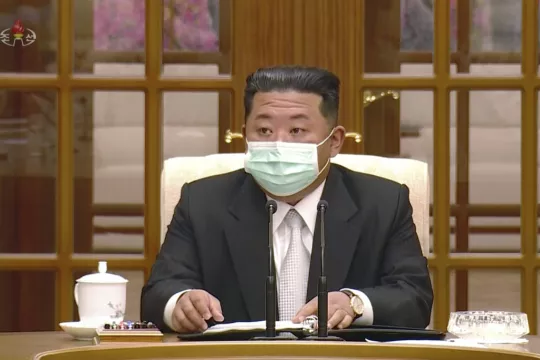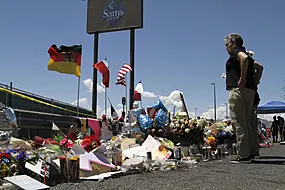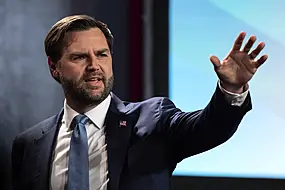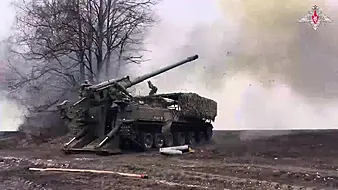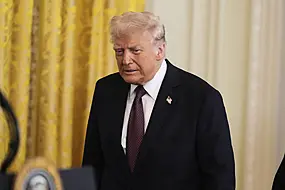North Korea has imposed a nationwide lockdown to control its first acknowledged Covid-19 outbreak of the pandemic.
It has held for more than two years to a widely doubted claim of a perfect record of keeping out the virus that has spread to nearly every place in the world.
The size of the outbreak was not immediately known, but it could have serious consequences because the country has a poor health care system and its 26 million people are believed to be mostly unvaccinated.
Some experts say the North, by its rare admission of an outbreak, may be seeking outside aid.
The official Korean Central News Agency (KCNA) said tests of samples collected on Sunday from an unspecified number of people with fevers in the capital, Pyongyang, confirmed they were infected with the Omicron variant.
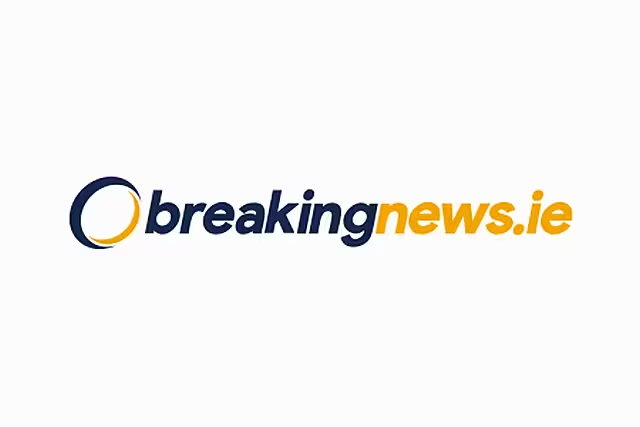
In response, leader Kim Jong Un on Thursday called for a thorough lockdown of cities and counties and said workplaces should be isolated by units to block the virus from spreading, KCNA said.
The North’s government has shunned vaccines offered by the UN-backed Covax distribution programme, possibly because those have international monitoring requirements.
Mr Kim, during a ruling party Politburo meeting, called for officials to stabilise transmissions and eliminate the infection source as fast as possible, while also easing the inconveniences to the public caused by the virus controls.
He said “single-minded public unity is the most powerful guarantee that can win in this anti-pandemic fight”, according to KCNA.
North Korea’s state TV showed him and other senior officials wearing masks as they entered a meeting room, although Mr Kim removed his mask to speak into microphones.
Still photos distributed by KNCA showed him unmasked and sitting at the head of a table where all other officials remained masked.
Despite the decision to elevate anti-virus steps, Mr Kim ordered officials to push ahead with scheduled construction, agricultural development and other state projects while bolstering the country’s defence postures to avoid any security vacuum.

North Korea’s announcement of the infections came after NK News, a North Korea-focused news site, cited unidentified sources who said authorities had imposed a lockdown on Pyongyang residents. South Korea’s government said it could not confirm the report.
The North is likely to strengthen lockdowns, even though the failure of China’s “zero-Covid” approach suggests that approach does not work against the fast-moving Omicron variant, said Leif-Eric Easley, a professor of international studies at Seoul’s Ewha Womans University.
“For Pyongyang to publicly admit Omicron cases, the public health situation must be serious,” Mr Easley said.
“This does not mean North Korea is suddenly going to be open to humanitarian assistance and take a more conciliatory line toward Washington and Seoul. But the Kim regime’s domestic audience may be less interested in nuclear or missile tests when the urgent threat involves coronavirus rather than a foreign military.”
North Korea’s previous coronavirus-free claim had been disputed by many foreign experts. But South Korean officials have said North Korea had likely avoided a huge outbreak, in part because it instituted strict virus controls almost from the start of the pandemic.
Early in 2020 — before the coronavirus spread around the world — North Korea took severe steps to keep out the virus and described them as a matter of “national existence”.
It quarantined people with symptoms resembling Covid-19, all but halted cross-border traffic and trade for two years, and is even believed to have ordered troops to shoot on sight any trespassers who crossed its borders.
The extreme border closures further shocked an economy already damaged by decades of mismanagement and US-led sanctions over its nuclear weapons and missile programme, pushing Mr Kim to perhaps the toughest moment of his rule since he took power in 2011.
North Korea had been one of the last places in the world without an acknowledged Covid-19 case after the virus first detected in the central Chinese city of Wuhan in late 2019 spread to every continent including Antarctica.
Turkmenistan, a similarly secretive and authoritarian nation in Central Asia, has reported no cases to the World Health Organisation, though its claim also is widely doubted by outside experts.
In recent months, some Pacific island nations that kept the virus out by their geographic isolation have recorded outbreaks. Only tiny Tuvalu, with a population of around 12,000, has escaped the virus so far, while a few other nations – Nauru, Micronesia and Marshall Islands – have stopped cases at their borders and avoided community outbreaks.
Experts say Mr Kim still has not publicly asked for any aid including Covid-19 vaccines from the United States and South Korea amid the prolonged stalemate in nuclear diplomacy.
